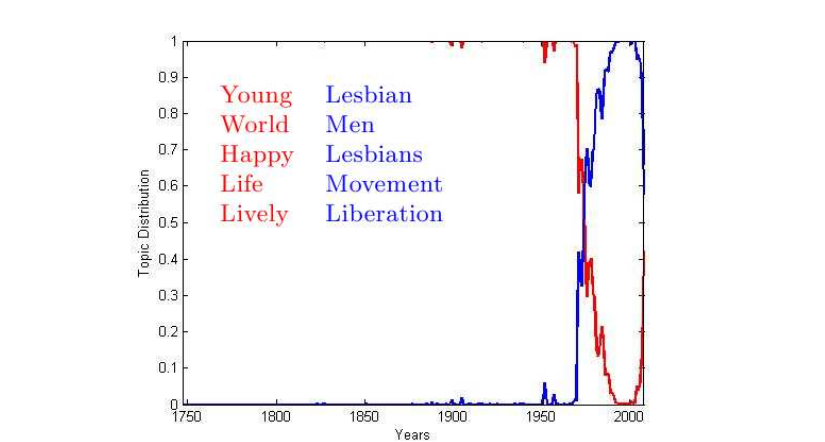This is an English version of a traditional French carol in the mode of Little Drummer Boy, a story of simple instruments brought to celebrate the baby Jesus. Wikipedia has multiple versions of the lyrics, though I think these lyrics are nicer than any of them? There are particular smooth rhymes (all the revel and the din, from without and within, with the humming violin, we shall welcome Christmas in) and all of the religious imagery has been replaced instead with secular winter scenery, circles around hearths and frosty windowpanes.
I was singing this song yesterday (... when I was supposed to send it out, oops) around my girlfriend Samira, who joined in with completely different lyrics that she’d learned in choir. “Well, seems like a folk song,” she said, when our disjointedness broke off the tune. I do like this feature of folk music; most of the singing I’ve done in my adult life is rather slapdash song circles in the mode of Rise Up Singing or the monthly San Francisco chantey sing. There are a few songs in my repertoire that I learned around campfires as a tall ship teen without ever seeing the lyrics written down, and I absolutely do not sing them the same way as people who learned them from a different songbook or oral tradition. But isn’t it wonderful the way oral tradition gives the music freedom to evolve?
Which also makes me think of this line in the song: come be merry while you play, let us make our Christmas gay. Now, the French lyrics on Wikipedia say Au son de ces instruments, je dirai Noël gaîment, but Emma Wallace released this song in 2019, and she was clearly willing to rewrite many of the lyrics, but she chose to end the song on a repeated let us make our Christmas gay, which, uh, the 2019 meaning is not the same as the 1720 meaning. See this very clear graph from a 2011 paper, “Understanding Semantic Change of Words Over Centuries”, which annotated the Topics-Over-Time associated with 5-word clusters that contained “gay”, and, well:

An inspired non-editing of the lyrics in the carol. I’ve been thinking recently about queer culture (“not gay as in happy, but queer as in f**k you”), and the extent to which it does and does not feel like my culture. I was hesitant to identify as queer in my early twenties; I dated women, but I also dated men, and I had plenty of queer friends, but, hm. Engineering school is not exactly a bastion of gaiety, and I often felt more comfortable identifying as bisexual than queer, because “queer” suggested not only a sexuality but a cultural identification that I didn’t feel much belonging or participation in. But I find myself seeking out queer spaces more in the past half-decade. In late 2021, I started feeling more concretely excited about moving to Paris after reading the “queer girl city guide to Paris” (amazingly, written by a person I became friends with).
There is something I find affirming about being in queer-normative spaces, several of which in my life are (to loop back around to the start of this letter) connected to traditional music. Lots of my California singing is connected to the local Queer Contra Camp and the intergenerational singing weekend that Samira helps to organize. One of her co-organizers has written songs because they “wanted there to be more explicitly LGBTQ songs in the folk tradition”. Samira and I sometimes go to Circle Left, the queer contra dance in Oakland, where someone told me “can I just say I love your gender” the way I would have complimented a dance partner’s cool earrings. I notice and appreciate it more when I see people making gender / spaces / lyrics / etc. queer.
May Christmas gay you cowards,
- Tessa
You just read issue #110 of xmas countdown. You can also browse the full archives of this newsletter.